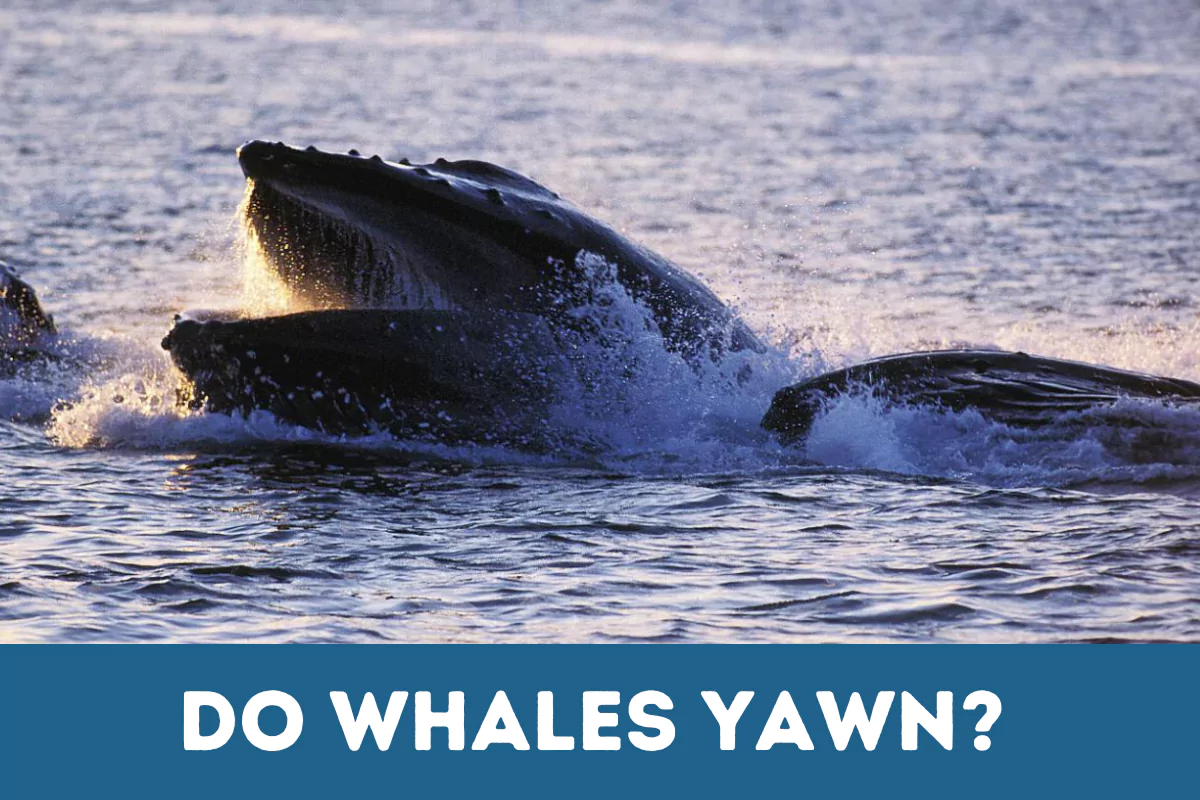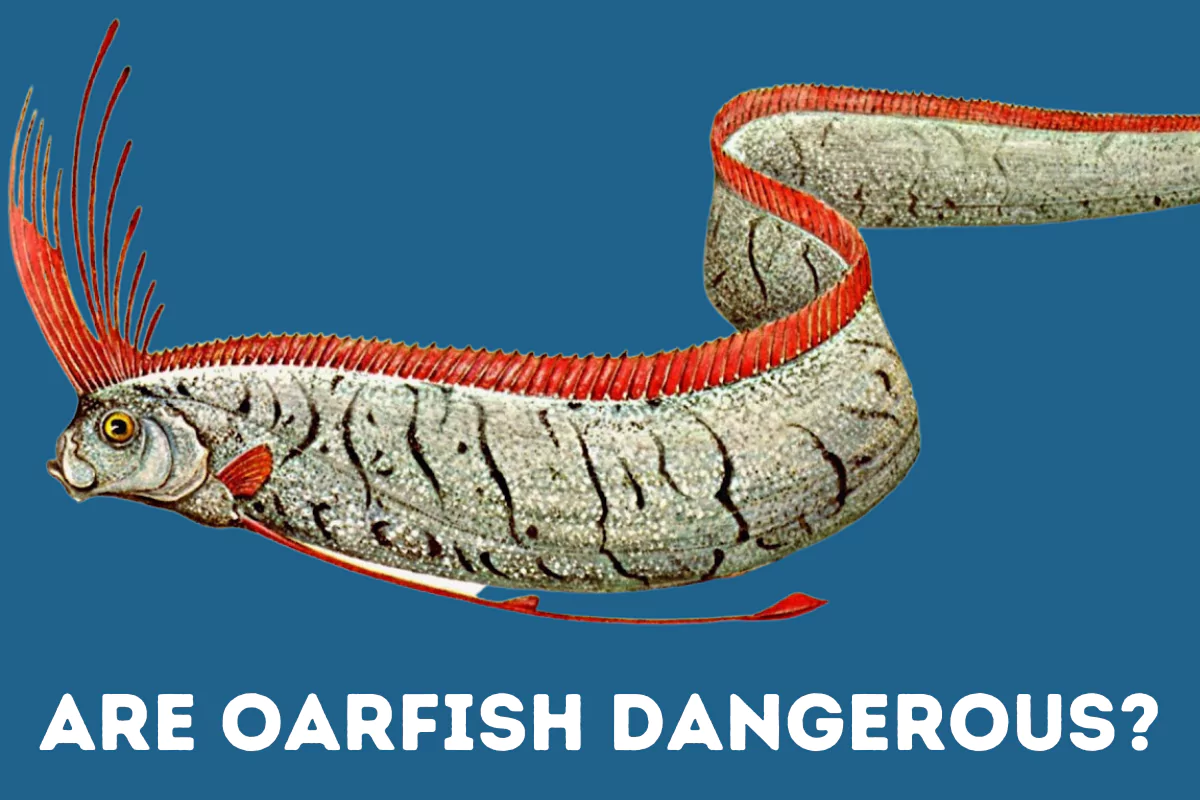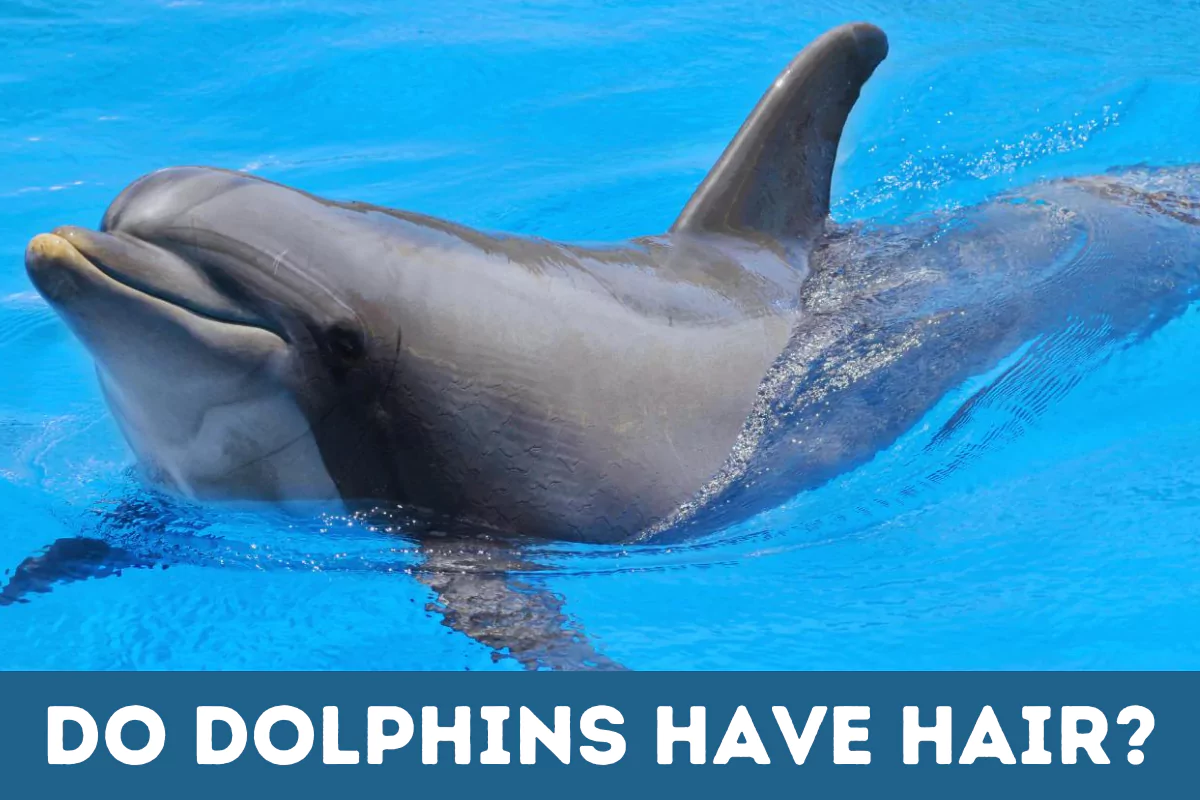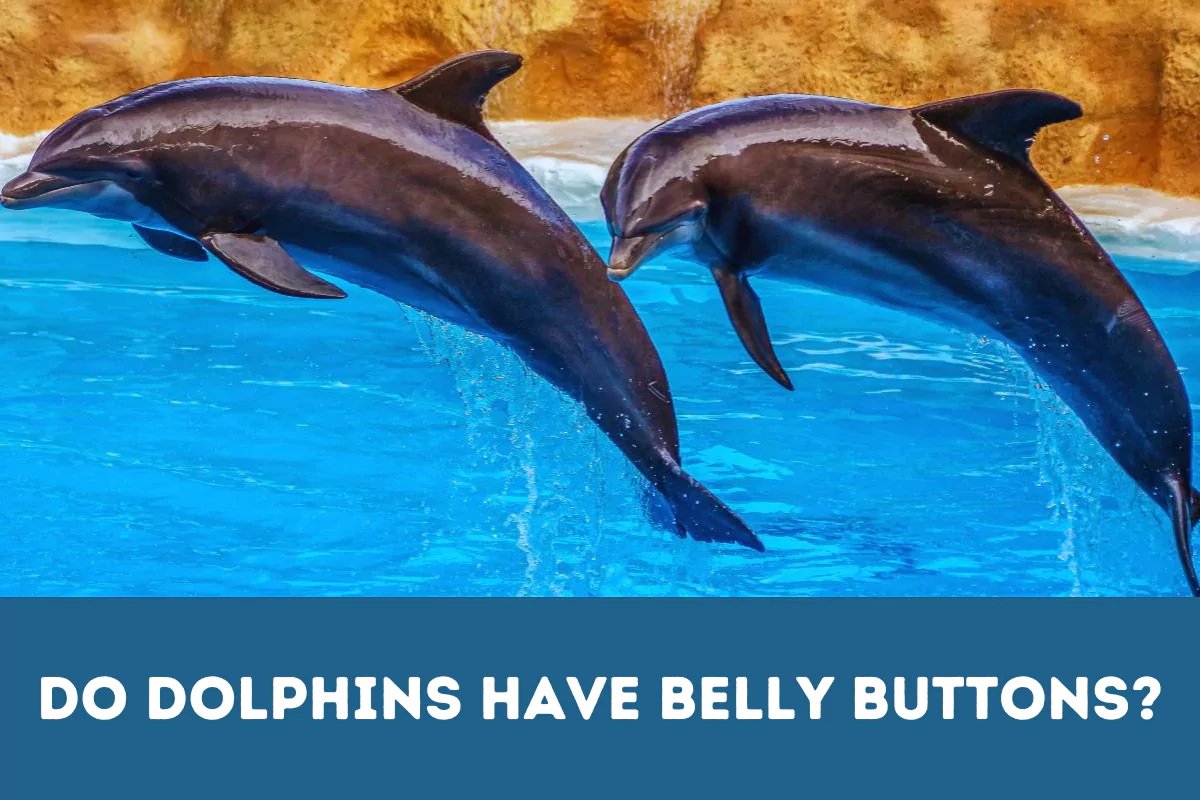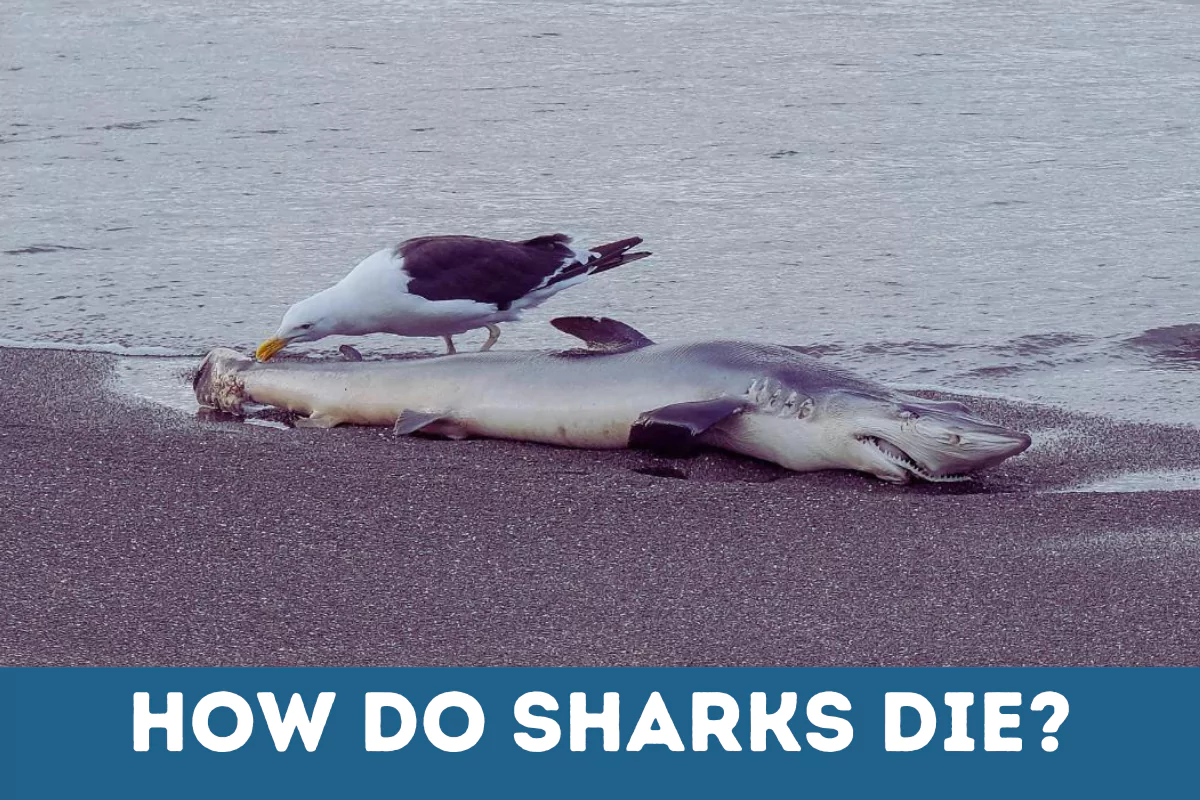Whales, with their majestic presence and incredible size, have always fascinated humans. These ocean giants evoke a sense of wonder and curiosity, leading us to ponder numerous questions about their behavior and habits. One such question is whether whales yawn.
Yawning is a common phenomenon observed in various land animals, including humans. It is associated with a physiological response to fatigue or boredom. But do these marine mammals yawn too?
In this article, we will delve into the world of whales to uncover the answer behavior and explore further to understand better these incredible creatures’ lives beneath the waves.
Do Whales Yawn?
Whales do not yawn because they are conscious breathers, which means they decide when to take a breath. Yawning, being a basically involuntary act, wouldn’t apply to them.
Mammals tend to yawn when their bodies need more oxygen, whereas cetaceans don’t yawn due to their breathing mechanism requiring their surfacing periodically to exhale/inhale. Also, they don’t/can’t breathe through their mouths.
So, whales, as they are cetaceans, reach the surface for air.
Yawning is an involuntary process of opening the mouth, breathing in deeply, and filling the lungs with air. It happens to both humans and animals, most often when we’re tired, and has some important functions that help us stay awake.
Most of us wrongly assume that whales yawn, too, just because they are mammals. But it is not so. Cetaceans like whales, dolphins, and porpoises do not yawn even after a long migration because they are conscious breathers, and breathing involuntarily is not a part of their body functions.
Also, their mouths are entirely disconnected from their lungs. So, they cannot breathe through their mouths at all, even if they want to.
Related Read: Do Whales Have Belly Buttons?
Why Don’t Whales Yawn?
Though whales are part of the mammalian family, they are a bit different regarding their respiratory system. They breathe through the blowhole that is located at the top of their heads.
As whales use their blowhole to breathe and their mouth is disconnected from their lungs, opening their mouths wide open would not serve them to oxygenate their brains. Also, whales can hold their breath for longer periods than other animals, so they do not need to rush oxygen to their bloodstream.
Whales are conscious breathers, meaning they have to make the active decision to breathe. They have to do it consciously, like any other act, to survive.
Even while they sleep, whales need to remain near the surface so that when their oxygen levels are getting low, they can come to the surface to breathe and replenish their supply.
When exerting themselves, a Whale may come to the surface more often to breathe and exchange the air and carbon dioxide in their lungs.

Why Do Animals Yawn?
Research shows that most vertebrates yawn and this spontaneous yawning is because of a psychological function that is said to increase blood flow to the head, which oxygenates and cools the brain.
Yawning alerts the animal, especially when it’s feeling sleepy. It also cools an overheating brain by reducing anxiety levels. Sometimes, yawning can also be contagious in both animals and humans.
So, if you ever see a monkey yawning, you may also see other nearby monkeys do the same; just like us, they “catch” yawns. Yawning is an involuntary reflex that we cannot control and helps manage oxygen and carbon dioxide levels.
When at rest, humans may not breathe deeply enough to meet their bodies’ oxygen requirements completely. So they yawn as it allows them to increase their oxygen levels and expel carbon dioxide effectively. A sleepy individual also yawns for much the same reason.
Also Read: Do Whales Eat Seals?
Do Marine Mammals Yawn?
Among marine mammals, pinnipeds such as seals (sea lions) yawn, but cetaceans like whales do not.
Still, there is enough research that needs to be done on this behavior of animals to find out why they do that. Is it just to compensate for their oxygen levels, or is it involve any other reason? We will only know with time and the advancement in science.
Final Thoughts:
Whales do not yawn, as they do not need to do that. They do not use their noses/mouths to breathe but use the blowholes on their heads to get oxygen. Even their mouths are not connected to their respiratory system.
FAQ’s:
- Why Do Whales Yawn?
Though it may seem like whales are sometimes yawning, it is not so. They rely on their blowhole for breathing, so even if they physically open their mouths widely would not facilitate their breathing as it does in the case of other mammals.
- Do Dolphins Yawns?
Dolphins don’t yawn either, as they are cetaceans, just like whales.
- What Animals Has The Biggest Yawn?
Research shows that yawns from primates are significantly longer than other mammals. Humans, the top primates on this planet, tend to yawn longer, with an average yawn time of over 6 seconds.
We appreciate for taking the time to read this post to learn more about nature and animals. See you in the next one!!

